MIRECC / CoE
Little Rock, Arkansas Fellowships | South Central MIRECC

Overview
We offer two-year postdoctoral fellowships at our Little Rock, Arkansas site. Our mission is to promote equity in engagement, access, and quality of mental healthcare to Veterans facing barriers to care, especially rural Veterans. The purpose of these fellowships is to train health care professionals for future leadership roles in research, education, and clinical services, particularly in academic and medical care settings such as VA. Although many fellows pursue careers focused predominantly on academic research and education in mental health, successful graduates of the program also pursue leadership careers that emphasize education and clinical contributions in mental health.
Our content areas of expertise include alcohol use disorders, substance use disorders, suicide prevention, posttraumatic stress disorder, moral injury, trauma sequelae, health equity, and access and engagement to mental healthcare treatments. We are able to provide fellows with training in innovative methods such as implementation science, community-engaged participatory methods, data science using populations-level claims and electronic health record data, and policy analysis.
Fellows receive intensive mentoring from a mentorship team including at minimum meeting once a week with their primary mentor and biweekly with a secondary mentor. All fellows are also assigned a preceptor – a non-evaluative mentor who is meant to help navigate professional development issues as they arise. Fellows in the program benefit from funds to attend at least one conference or training per year and funds for purchasing books necessary for postdoctoral fellowship training. Fellows receive protected time to pursue and develop their own research projects. Fellows also have the option to join research projects in progress to experience working on large trials or projects. Fellows receive protected time to study for their licensure exams as a part of their postdoctoral fellowship. Fellows will also benefit from accruing clinical hours towards licensure while on fellowship and supervision from clinicians in their respective field. Fellows will also have access to intramural grant funding opportunities and grant writing seminars as a part of their fellowship.
By the end of the fellowship program, fellows should be ready to pursue entry-level leadership roles, which integrate state-of-the-art research, education, and clinical approaches to mental health in the VA healthcare system and other settings. Fellows pursuing academic clinical-research careers should also be ready to submit applications for career development awards (such as VA Career Development Awards or NIH K-Awards) toward the end of their fellowship.
Advanced Fellowship in Mental Illness and Treatment
Advanced Fellowship Program in Mental Illness Research and Treatment
Practitioners, including psychologists, pharmacists, nurses, and social workers are eligible to apply. This fellowship is a two-year research training program with 75% time devoted to research and 25% to advanced clinical training.
Advanced Psychiatry Fellowship
Advanced Psychiatry Fellowship
This fellowship for professional psychiatrists is a two-year research training program with 75% time devoted to research and 25% to advanced clinical training.
Research Mentors and Interest Areas
- Robert Bossarte, PhD: Suicide prevention, mental health practice, predictive modeling, electronic health record data
- Michael A. Cucciare, PhD: Implementation of evidence-based treatments, computer-based technology in mental health treatment, treatments for substance use disorders
- Geoffrey Curran, PhD: Implementation science, qualitative methods, substance use disorders
- Brandon Griffin, PhD: Moral injury, PTSD, structural equation modeling, meta-analysis, psychometrics
- Kathleen Grubbs, PhD: PTSD, rural Veteran access to care, technology, shared decision making, eating disorders
- Corey Hayes, PharmD, PhD, MPH: Substance use disorders, pharmacoepidemiology, secondary data analyses, technology-based interventions
- Sara Landes, PhD: Implementation science, suicide prevention, dialectical behavior therapy
- Richard R. Owen, MD: Schizophrenia, depression, management of antipsychotic drug side effects, implementation science; quality of care
- Jacob Painter, PharmD, MBA, PhD: Implementation science, cost effectiveness analysis, treating depression in persons with HIV, improving care for Veterans with complex behavioral health conditions
- Jeffrey Pyne, MD: Telemedicine, PTSD, psychophysiological assessment, virtual reality, substance use disorders, cost-effectiveness analyses, mental health-clergy collaboration
- Rajinder (Sonia) Singh, PhD: Implementation science, health equity, policy implementation, LGBTQ+ health
- Marcela (Marci) Weber, PhD: PTSD, resilience, patient-centered care and Whole Health, rural, Hispanic/Latine, and other underserved populations, quantitative methods
- Eva Woodward, PhD: Implementation science, health disparities and health equity, mental health evaluations in medical settings, community and patient engagement in research, implementation practice
Training Site
Central Arkansas Veterans Healthcare System (CAVHS) is a large and complex VA Medical System, with two large medical facilities in the Little Rock metropolitan area of about 580,000 people. CAVHS also has community-based outpatient clinics (CBOCs) throughout Arkansas to serve its large rural population of Veterans. In addition to the SC MIRECC, CAVHS hosts three other VA research centers: the HSR&D Center for Mental Healthcare Outcomes Research (CeMHOR), the Behavioral Health Quality Enhancement Research Initiative (BH QUERI), and the Little Rock Geriatric, Research, Education, and Clinical Center (GRECC). The academic affiliate is the University of Arkansas for Medical Sciences (UAMS). Fellows receive Instructor appointments and are involved in the academic activities of UAMS faculty in the Center for Health Services Research within the Department of Psychiatry.
A Little Bit About Arkansas…
Arkansas is a great place to live and train. Arkansas has the third-lowest cost of living among all U.S. states. The average commute time in Little Rock is 18.6 minutes. In addition to being affordable, Arkansas, “the Natural State,” offers a multitude of scenic landscapes along with natural and cultural resources and programs.
For instance, Arkansas has 52 state parks, many of which are within 90 minutes driving distance of Little Rock with campsites, hiking trails, mountain lodges, rock climbing, and activities for all seasons. You can easily visit Pinnacle Mountain State Park (Pinnacle Mountain State Park | Arkansas State Parks), Petit Jean State Park (Petit Jean State Park | Arkansas State Parks), Devils Den State Park (Devil's Den State Park | Arkansas State Parks), Hot Springs National Park (Activities | Hot Springs National Park Arkansas), and many more.
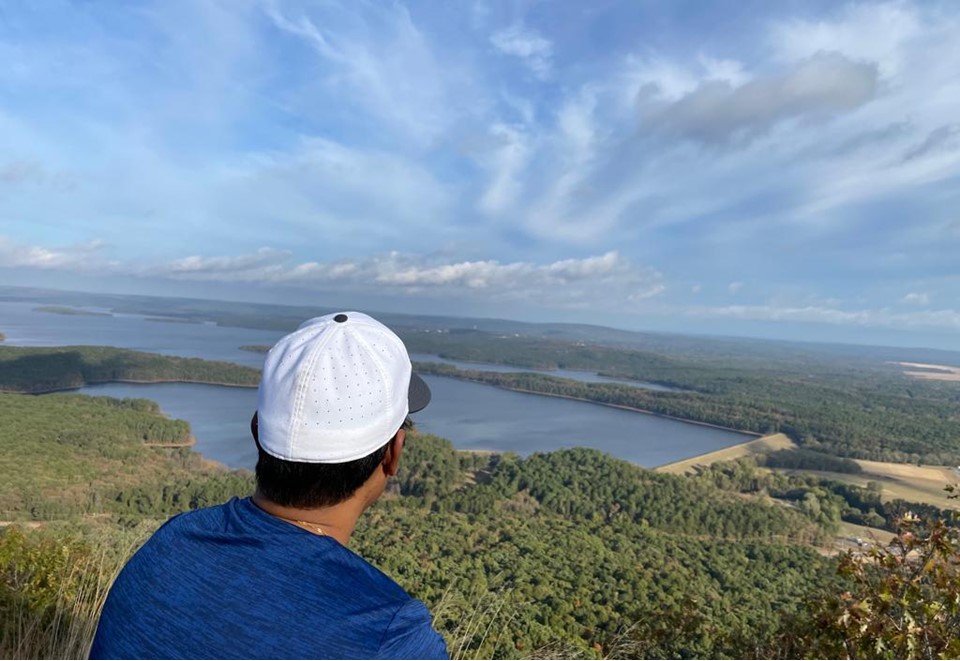
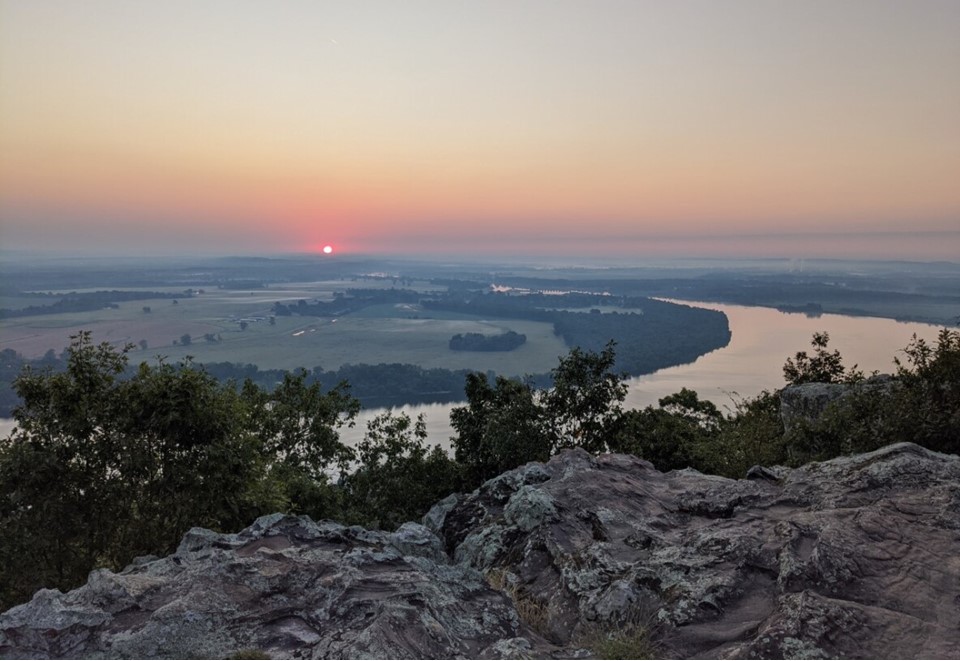
There are many things to do without leaving Little Rock. You can walk or bike the Arkansas River Trail – a 17 mile loop that runs along the Arkansas River. You can rent kayaks, road bikes, and mountain bikes from Rock Town River Outfitters to tour Arkansas River Trail.
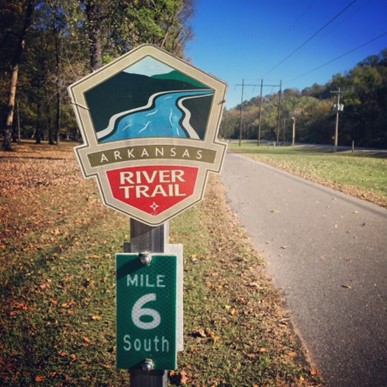
Downtown Little Rock includes the River Market District with many excellent restaurants, purchase items from the farmer’s market or other businesses, or meet up with friends. Downtown Little Rock also includes the Vogel Schwartz Sculpture Garden in Riverfront Park so one can enjoy art while they walk through the area.
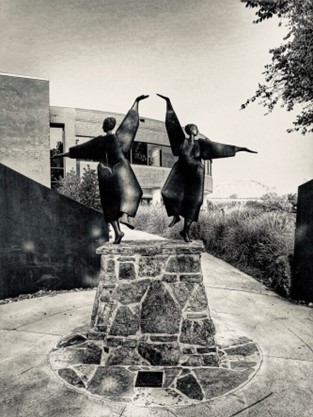
For those who are interested in more art, downtown North Little Rock and Little Rock host art nights in which the local galleries open their doors for free to those who wish to enjoy the arts. Little Rock is home to the newly renovated Arkansas Museum of Fine Arts. Little Rock is also home to several community theatres that regularly produce plays and musicals. The Robinson Center is nearby the River Market District and is a world-class concert and performing arts venue. The Robinson Center is where the Arkansas Symphony Orchestra regularly performs and where one can attend several touring Broadway productions and other plays.
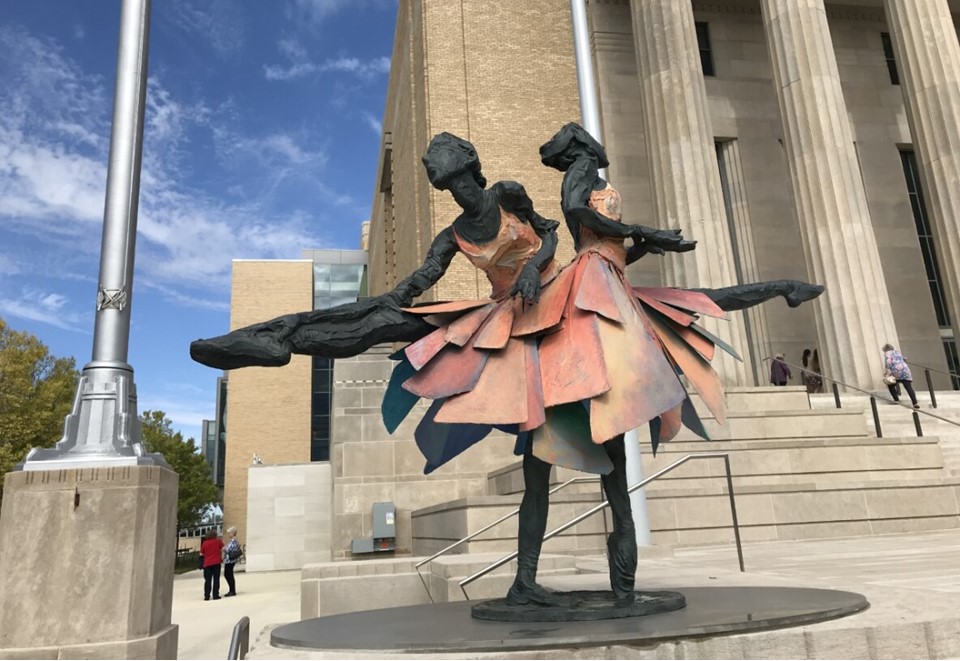
If you want to know more about life in Arkansas, feel free to ask when you inquire about the fellowship!
Contact Us
Please direct questions about the Advanced Fellowship Program at CAVHS and application process to Ms. Kristin Ward (see contact information below) or to Dr. Rajinder (Sonia) Singh (Rajinder.Singh2@va.gov).
Administrative Contact/Submission of Materials:
Kristin Ward
South Central MIRECC
2200 Fort Roots Drive, 16MIR
N. Little Rock, AR 72114-1706
kristin.ward2@va.gov
Other Helpful Information
Disclaimer
This page contains links that will take you outside of the Department of Veterans Affairs website. VA does not endorse and is not responsible for the content of the linked websites.
Last updated: May 30, 2025



















